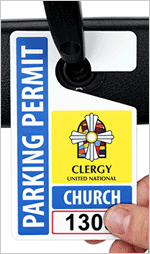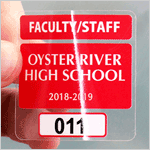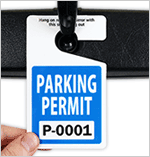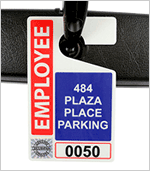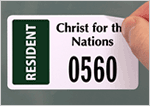Parking lot generates big revenue for public schools in Ann Arbor, MI
At a time when public high schools nationwide are still struggling to climb out of the budget sinkholes caused by the Great Recession, at least one high school in Ann Arbor, MI, is proving to be a revenue machine for its school district.
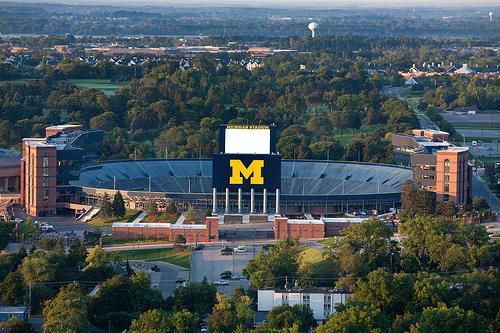
The sight of the big house, surrounded by fragrant Michigan foliage swaying gently in the breeze, may cause some blog editors to mist up, reminding them of Zingerman’s, the cold and implacable waters of the Great Lakes, and buckeyes crushed mercilessly underfoot. From the Ford School.
Located kitty-corner from the University of Michigan football stadium, Pioneer High School features a 5,000-space, asphalt parking lot useful to an institution with football and basketball teams perennially included among the country’s sports elite. Their games draw large crowds that require a surfeit of parking and tailgating room. To that end, the university entered into an agreement — no more than a gentleman’s handshake — with Ann Arbor Public Schools (AAPS) when the high school was built in the mid-twentieth century, allowing UM access to the lot for sporting events played at home.
AAPS managed the lot with its own staff and contracted with Great Lakes Environmental Service, Inc. (responsible for cleaning up the lot after games) until 2008, when managing the property proved too much for the district, which posted an official search for a management company.
Great Lakes, which began doing business as Michigan Event Parking for the sole purpose of managing the high school lot, won the bid and has operated the lot since then. Besides handling all parking pass transactions, the company hires all staff for the lot; anywhere between three to thirty-five employees clean up after the games and complete minor repairs like filling potholes. For such services, Michigan Event Parking receives about 10 percent of the lot’s profits. In 2012, for example, the company earned $109,436 from its contract with the district.
AAPS itself earned $931,217 that year from parking and lease agreements on the property, which did not include money the district paid to police officers it hired for twelve-hour shifts during game days. The officers were contracted to maintain order at the lot and to watch for underage drinkers because alcohol use isn’t allowed on school property — even on game days.

Michigan’s education budget was hit especially hard by the recession. From RickRoll’d.
Still, the revenue the district takes in is noteworthy. The almost $1 million it receives annually equals the cost of ten teachers, though the revenue is not allocated for that alone. Instead, it’s deposited into the district’s general operations fund, which supports teacher salaries and school programs.
Few districts are as fortunate; not many have the luck of owning as large a parking lot nor one as conveniently located. Indeed, the majority of schools nationwide employs a variety of tactics to bridge the funding gaps caused by a reduction in federal and, more importantly, state support. In Michigan alone, per-student spending today is 9 percent lower than it was in 2008, when the Great Recession was at its most fierce.
So, despite yearly revenues of nearly $1 million, AAPS will welcome the gains projected from the lot’s earnings. It has negotiated a higher lease price with Michigan for higher profile games, such as matches against Notre Dame and Ohio State University, and it has increased parking fees. The higher fees may cause grumbling among sports enthusiasts and motorists, but not among education advocates.
Related Posts
Category: Education, Parking, Parking management

